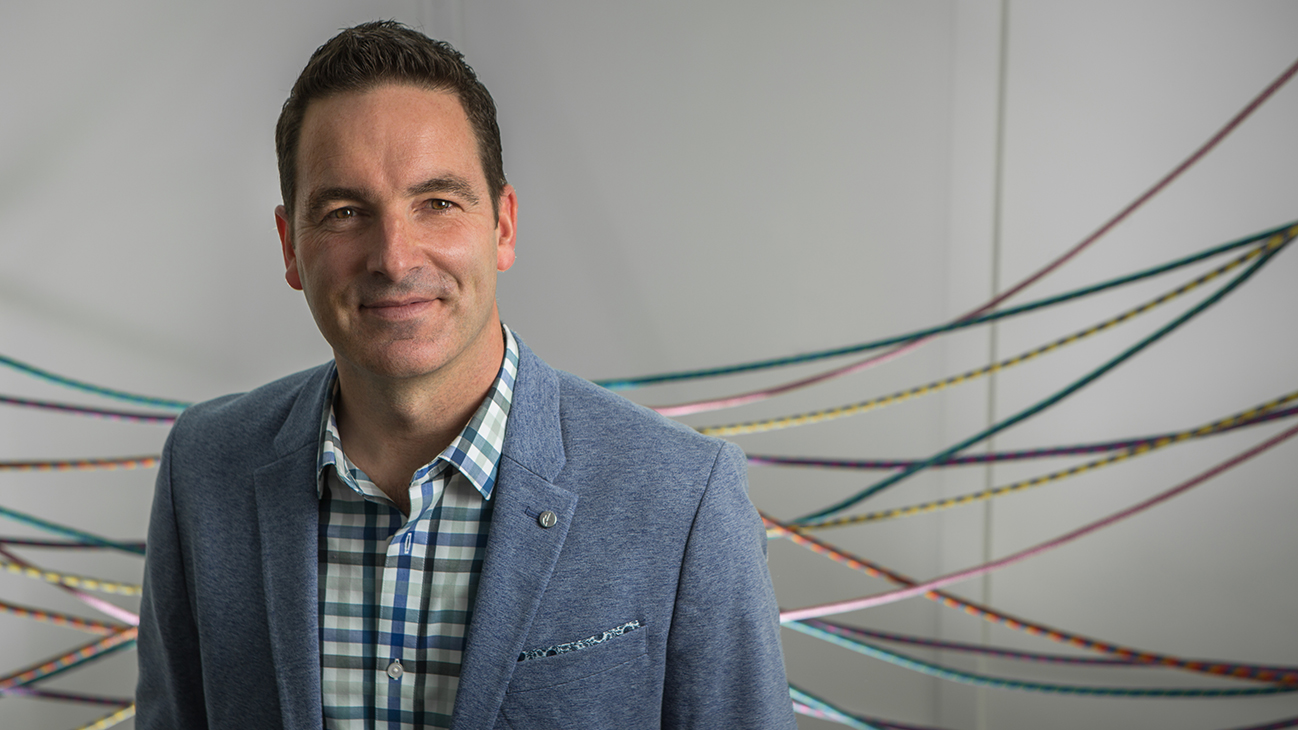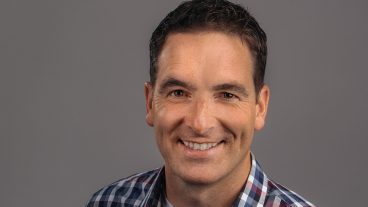I blame my parents! Don’t get me wrong, they had my best interests in mind. Little did they know however, that their nurturing, guidance, and teaching would sabotage me as a leader.
It started before I was even one years old when I was taught what was “safe” and “unsafe”. Don’t touch this. Don’t eat that. Stay away from there. Then it continued when I started school where I was taught what was “correct” and “incorrect”. Two plus two equals four. The Dominion of Canada began on July 1, 1867. Energy equals mass times the speed of light squared.
This progressed into my teenage years when I was learning what made a “good” or “bad” person. Be polite. Service before self. Leave things in better condition than you found them.
All of this teaching, direction, and guidance developed what is referred to as “either/or” thinking. This means that for every situation, there is a right and wrong answer. Things are EITHER right OR wrong. And, by the time I was a young adult, I was 100% clear that picking the RIGHT answer meant that I was SAFE, CORRECT, and GOOD.
And then life started to get complicated…
After failing to make the basketball team year after year, I continued to go to tryouts, adhering to the simple truth I was taught by my parents: “If at first you don’t succeed try and try again.” However, confusion set in when the coach approached me with bad news after the tryout and kindly offered me a conflicting point of view: “Don’t beat a dead horse.”
I had my first crush while attending summer camp and my new sweetheart and I were confident in the simple truth that we had heard over and over throughout our young lives: “Absence makes the heart grow fonder.” What we didn’t expect, however, was that despite this cliché being true for a while, by about October, there was another conflicting but equally powerful point of view: “Out of sight, out of mind.”
I was slowly but surely realizing that there was wisdom in the anonymous quote that says, “For every complex problem there is a simple solution. And it’s wrong.” That this “either/or” mindset that assumed there is a right and a wrong approach for every challenge had its limitations. It was great and necessary when I was dealing with facts, formulas, policies, and procedures; however, it was working against me when I was dealing with complex situations that could be seen from more than one point of view. What became ultra-clear were the limitations of this “either/or” approach in the workplace and as a leader. All of the sudden I was wrestling with complex issues and conflicting values. Things like:
- Being task focused AND relationship oriented
- Providing critical analysis AND providing encouragement
- Giving freedom AND expecting accountability
- Being truthful and candid AND being tactful and diplomatic
- Preserving stability and tradition AND stimulating innovation and change
- Thriving at work AND thriving at home
These weren’t situations of right and wrong, but instead situations of right and right. My trusted “either/or” approach that I clung to in order to be safe, correct, and good, was not helping my leadership — in fact — it was hurting it. It was sabotaging my leadership. There had to be another way!
Thankfully, I came across the work of Dr. Barry Johnson who talked about the power of managing polarities. And Jim Collins whose research proved that leaders who move from good to great do not accept “The Tyranny of the OR” but instead embrace “The Genius of the AND”.
What was starting to become evident to me was that although my “either/or” mindset was necessary and helpful in life, it was also incomplete. If I was going to thrive as a leader, a team-mate, a father, a husband, and a friend, I had to also embrace a “both/and” mindset. This meant that I had to start to get comfortable with healthy tension. That I had to use the word “and” more than the word “but”. That instead of aligning and spending time with people who always affirmed my point of view, I needed to seek out people with diverse perspectives and approaches.
And my world was forever changed. It certainly has more conflict and discomfort, but it’s the kind of conflict that results in better and more informed decisions, and the kind of discomfort that results in growth.
How about you? Is your leadership stuck? Are you using the “either/or” mindset that you gained as a child to deal with complex leadership issues that require more than a simple right or wrong approach? Are you known for saying the word “but” more than the word “and”? Do you make healthy conflict and diverse points of view safe and celebrated in your team? Are you a “both/and” leader?
The great news is that “both/and” leadership can be learned, and every step you take in this direction is a step toward leadership development, team effectiveness, and organizational success.
Tim Arnold is a leadership development and teambuilding expert, who provides his audiences with powerful tools that help them understand and breakthrough the chronic issues they face in both their professional and personal lives.
Interested in learning more about Tim and what he can bring to your next event? Email us at [email protected].




